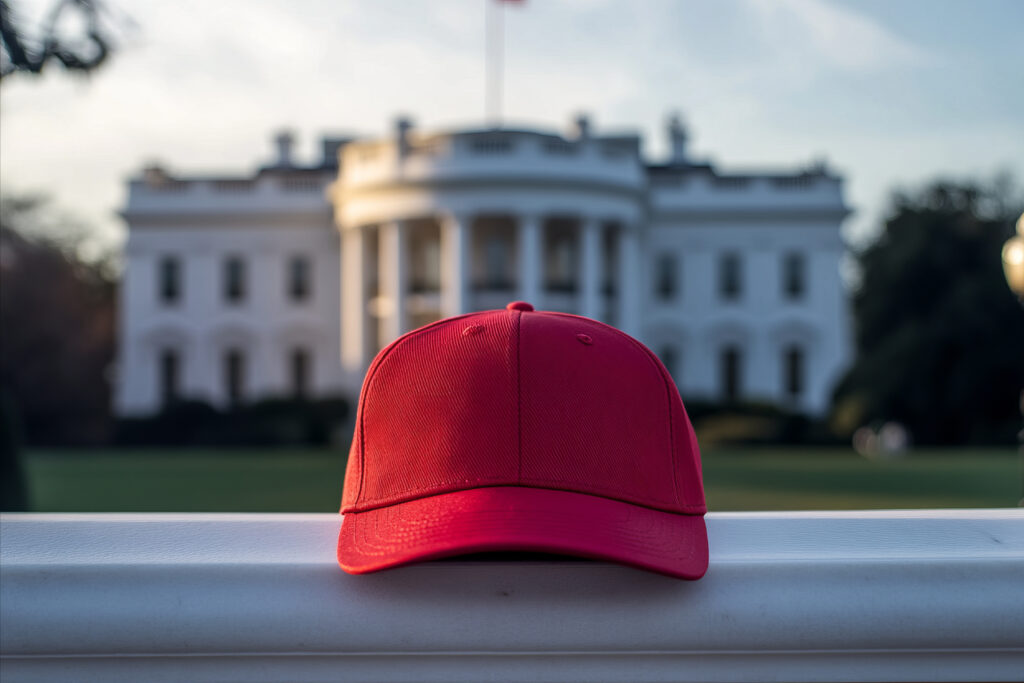
Key Takeaways:
- The Trump administration’s report proposes a joint regulatory framework with the SEC and CFTC to classify and oversee digital assets.
- It emphasizes banking access and embraces stablecoins while opposing the creation of a U.S. central bank digital currency (CBDC).
- Tailored tax rules are recommended to treat digital assets as a distinct class, especially for activities like staking.
The Trump administration’s Working Group on Digital Assets has released a long-awaited report outlining comprehensive recommendations for regulating cryptocurrencies in the U.S.
Central to the report is the proposal for a clear classification system distinguishing digital assets as either securities or commodities.
Today the White House is releasing its comprehensive report on digital assets, providing long-awaited regulatory clarity for innovators in a cutting-edge industry. President Trump is delivering on his promise to make the U.S. the crypto capital of the planet. pic.twitter.com/hrp8uQwf76
— David Sacks (@davidsacks47) July 30, 2025
It recommends that the Commodity Futures Trading Commission (CFTC) oversee spot crypto markets, while the Securities and Exchange Commission (SEC) regulate securities-based tokens.
The report also emphasizes enhancing banking access by allowing banks to custody crypto and simplifying the chartering process.
Stablecoins are endorsed as tools to reinforce U.S. dollar dominance, though the report opposes the development of a central bank digital currency (CBDC) over privacy concerns.
Tax policy is another focus, with a call for tailored legislation recognizing digital assets as a distinct category, particularly regarding staking and other crypto-specific activities.
The report originated from a March summit at the White House and aims to create a rational, innovation-friendly framework that secures American leadership in the digital asset space while ensuring investor protection and legal clarity.

